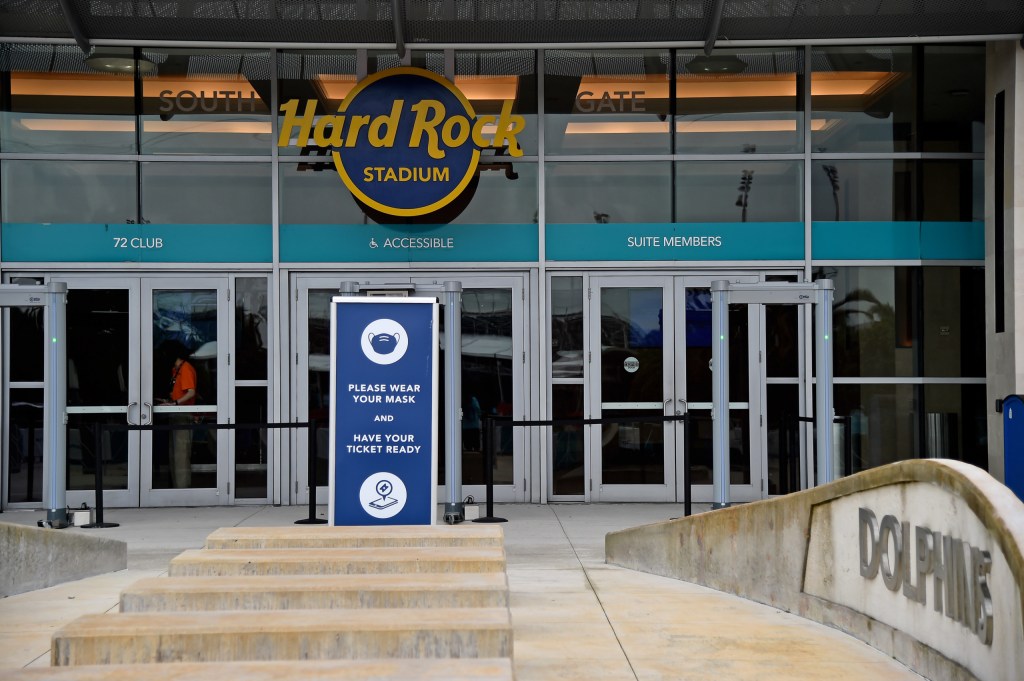By: Trace Welch, @twelch88

Major League Baseball is a unique sport that offers economic opportunities that other leagues are not able to offer. The Major League Baseball league office has recognized the opportunities presented to the sport, resulting in major changes in incoming cash flow and revenue for teams. Major League Baseball is the only one of the “Big Four” of North American Sports (NHL, NBA, NFL, MLB), that does not have a restrictive salary cap that stipulates a certain threshold that teams must spend on their player payroll. A salary cap is a measure that is taken in order to retain competitive balance, but also to protect owners and teams from having to overextend their resources for the sake of being competitive. Overpaying players in the MLB is not a threat to the financial integrity of organizations, one major reason for this being the massive amount of revenue that teams are receiving courtesy of their broadcasting deals.
The schedule of Major League Baseball provides an economic opportunity that teams have become proficient at exploiting. There are 162 games during an MLB regular season, almost twice as many games as the next most scheduled professional sports in North America, the NHL and NBA which hold 82 regular season contests. The real economic advantage Major League Baseball holds does not come primarily from ticket sales for these large numbers of contests, but instead from the huge television broadcasting deals that the teams sign. Almost every MLB game is televised, whether through mlb.tv or a local broadcasting station that broadcasts a majority, if not all, of the team’s regular season contests. Some teams even own a network that is solely committed to their team, such as the Yankees and Red Sox.
With every available contest, there is an opportunity for a network to make major money selling advertising during the commercial breaks and other points of the game broadcast. A Major League Baseball team also provides an enticing opportunity for advertisers, as there is a relatively loyal fan base which mitigates the forecasting and guessing of how many people would see the message that advertisers are trying to portray. These stable viewership numbers have advertisers bidding against each other, driving up the revenue that networks can make. Through this process, it is evident how valuable the broadcasting rights to an MLB team can be for a network, and why they would be willing to dish out major money to secure these rights, with the notion that they will make a substantial profit from selling advertising space.
Within the last few years, Major League Baseball teams have begun to sign broadcasting deals that are shattering deals teams have previously had in the last couple of decades. The top broadcasting deals in the league provide an astronomical amount of revenue to teams, further solidifying the financial stability of the league as well as the teams. The top five deals in order are; 1. The New York Yankees who’s broadcasting deal with the YES Network has an average annual total value of $385 million, 2. The Los Angeles Dodgers with an average annual total value of $334 million, 3. The Philadelphia Phillies with an average annual value of $200 million, 4. The Texas Rangers with an average annual value of $155 million, and 5. The Los Angeles Angels with an average annual value $147 million[1].
As you can see broadcasting is an extremely profitable endeavor for Major League Baseball Teams. The thing to note about these broadcasting deals is that these are all 15 to 20 year contracts, so the team knows that for the next 15 or 20 years this will be a source of stable, guaranteed income. Knowing that this is a stable revenue stream, teams are able to allocate more resources to on-field talent, front office resources, scouting resources, as well as the overall fan experience.
In summary, the large broadcasting contracts that MLB teams are signing will make the league a relevant and financially stable player in the competition for the dollar and interest of the sports consumer.
[1] https://www.forbes.com/sites/christinasettimi/2014/03/26/mlbs-most-valuable-television-deals/

















